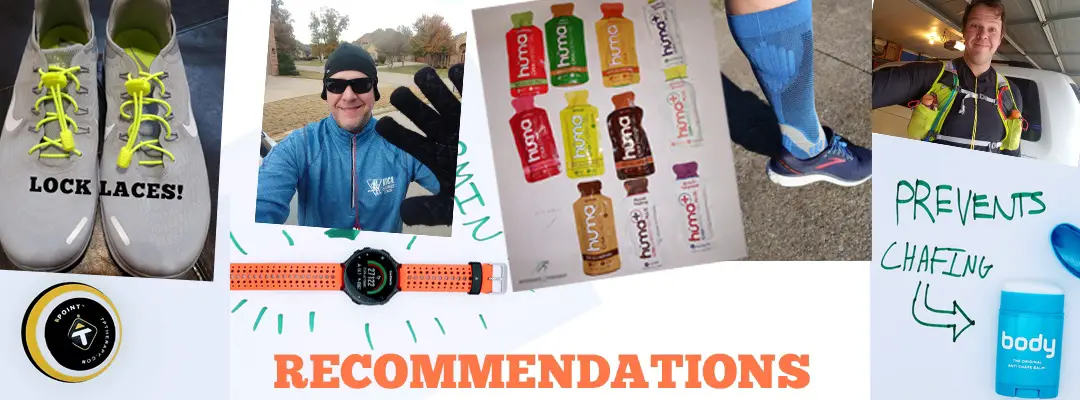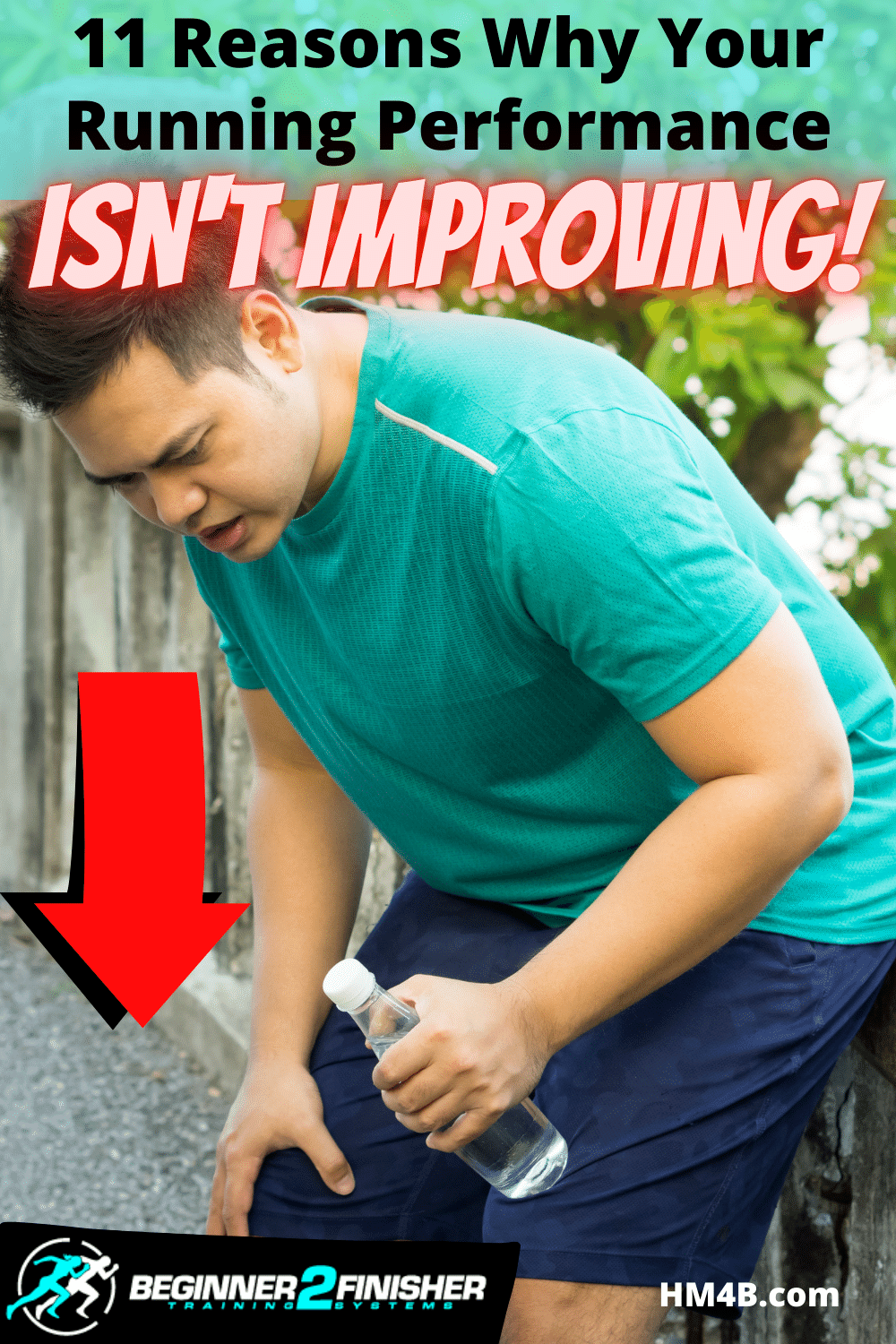Running is one of the simplest, most accessible, and most popular cardiovascular exercises in the world. All you need is a pair of legs, a pair of running shoes, and a place to run. You can run nearly anywhere, from a track to a suburban neighborhood, to a nature trail through the woods.
There are plenty of benefits to running. Keeping a regular running routine will make you happier, healthier, more physically fit, and more energetic. Increased cardiovascular health makes strength training easier, which will make it easier for you to get in shape.
People often get frustrated with their lack of progress when they start running. To help keep you from hitting this “wall” and breaking through the plateau if you do hit it, we have compiled this list of the top eleven reasons why your running performance isn’t improving and how to fix it.
Not getting enough sleep
Another way that beginner runners hurt their training is by not getting enough sleep. Sleep is important and it helps your body rest and recovers. It’s necessary for your muscles to recover from the small tears that they endure while you are working out. Other benefits of sleep include a stronger immune system, which keeps you healthy enough to continue running long term.
Overtraining
Beginner runners have a tendency to jump overboard when they start. It’s common for people to try to run every day, and this is a terrible idea. Overtraining slows down your progress and makes you more likely to get injured.
When you start running, it’s better to start low and go slow. Gradually increase the distance and frequency of your runs over time, and you will see faster; better results than if you tried to start with an extreme training program. This is especially easy when you run on a track because you can easily measure your distance and increase it by small increments.
Related: How Do I Know If I’m Overtraining?
Jumping into brand new running trends without knowing what you’re doing
Running is a great activity that’s a fun way to improve your cardiovascular health, but you shouldn’t just jump straight into it. You shouldn’t leap off the couch and start running. Like any activity, you should do some background research before you get started. This will help you achieve the best results and avoid injuring yourself.
Not following a training plan (inconsistencies)
Another common mistake that people make when they start running is that they don’t follow a specific training program. It’s a good idea to start slowly and gradually increase the distance you are running by a little bit each week.
Not knowing when to take a break (rest)
One of the biggest problems that beginner runners face is that they have a tendency to try to do too much too soon. Taking rests isn’t a sign of weakness or laziness, it’s smart and safe. Taking frequent breaks while running lets your body recover and helps you stay energized.
By taking short but frequent breaks, you will be able to quickly improve your stamina and run for longer distances.
Running too much too soon or too far too soon
People who are new to running tend to set overly high goals for themselves. They will try to run farther than they realistically can. There are a number of problems with this and some of them include the potential for injuries and burnout. Your frustration with not being easily able to achieve these long goals will make it harder for you to continue running.
Not eating properly
A proper diet is important for any exercise routine. A proper diet will help keep you healthy and energized enough to maintain your exercise routine and make progress with your running. In addition to the generalized health benefits of a healthy diet ( which makes running easier anyways), there are foods that you can eat that will specifically help your running program.
It’s a good idea to eat carbohydrates for energy, protein for muscle recovery and strength, and antioxidants to help you heal faster. Minerals, fiber, and probiotics are all foods that will help you replenish the salt you lose through sweat and help you strengthen your immune system. This keeps you healthy in general, which enables you to continue to run.
Related: Why Do I Sweat So Much When I Run? How Much Is Too Much Sweat?
Doing the same running routine over and over (need to mix up with easy workouts and hard workouts)
If you want to improve your running and see results, you have to change up your routine. One way to do this is to find different routes to run on. Some days you could go to the track at your local gym, other days you could run on a trail through the woods that takes you over hills and through valleys.
You can also alternate between distance running and sprinting. These work your body differently and it’s healthy to have a balance between them.
Not strength training
Running uses a lot of muscles, and it’s important to also focus on strength training those muscles if you want to get better at running. Running obviously uses your leg muscles, but it also uses your arms and your abs. By strengthening these muscles, running will become easier for you.
Not cross-training (use non-running muscles to give your running muscles a break)
Running every day will cause problems for your body. It’s important to give your muscles a rest by alternating your workouts between running and strength training. Recommendations for beginners usually suggest that you run only two or three times per week, and the other days should be focused on strength training.
Related: What Are The Best Cros-Training Exercises For Runners
Not putting enough effort in (i.e. not running enough to see improvement)
Just like anything else in life, the only way to get better at running is through frequent practice. You can’t expect to get better at running if you are not willing to put in the work to get better at it. If you want to get better at running, you have to get out there and run at least a couple of times per week.
| Help support me and subscribe to my YouTube channel. YouTube video - 30 ways to make your runs less painful! Coach Scott's Credentials:
|
To sign up for a FREE half marathon training schedule, log sheet, and pace predictor CLICK HERE.

Recommended gear for runners
Connect with me:
| facebook.com/BeginnerToFinisher/ |

